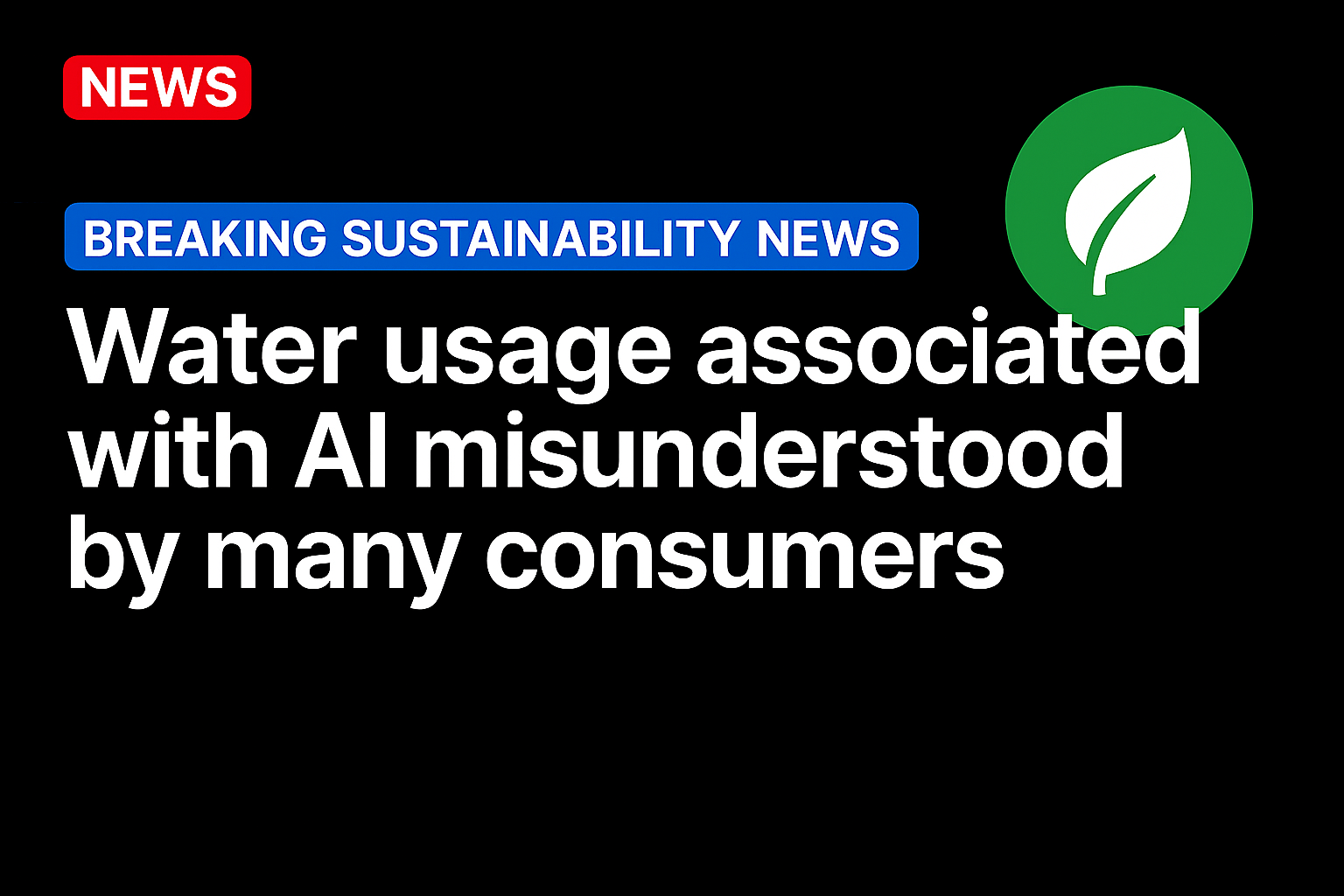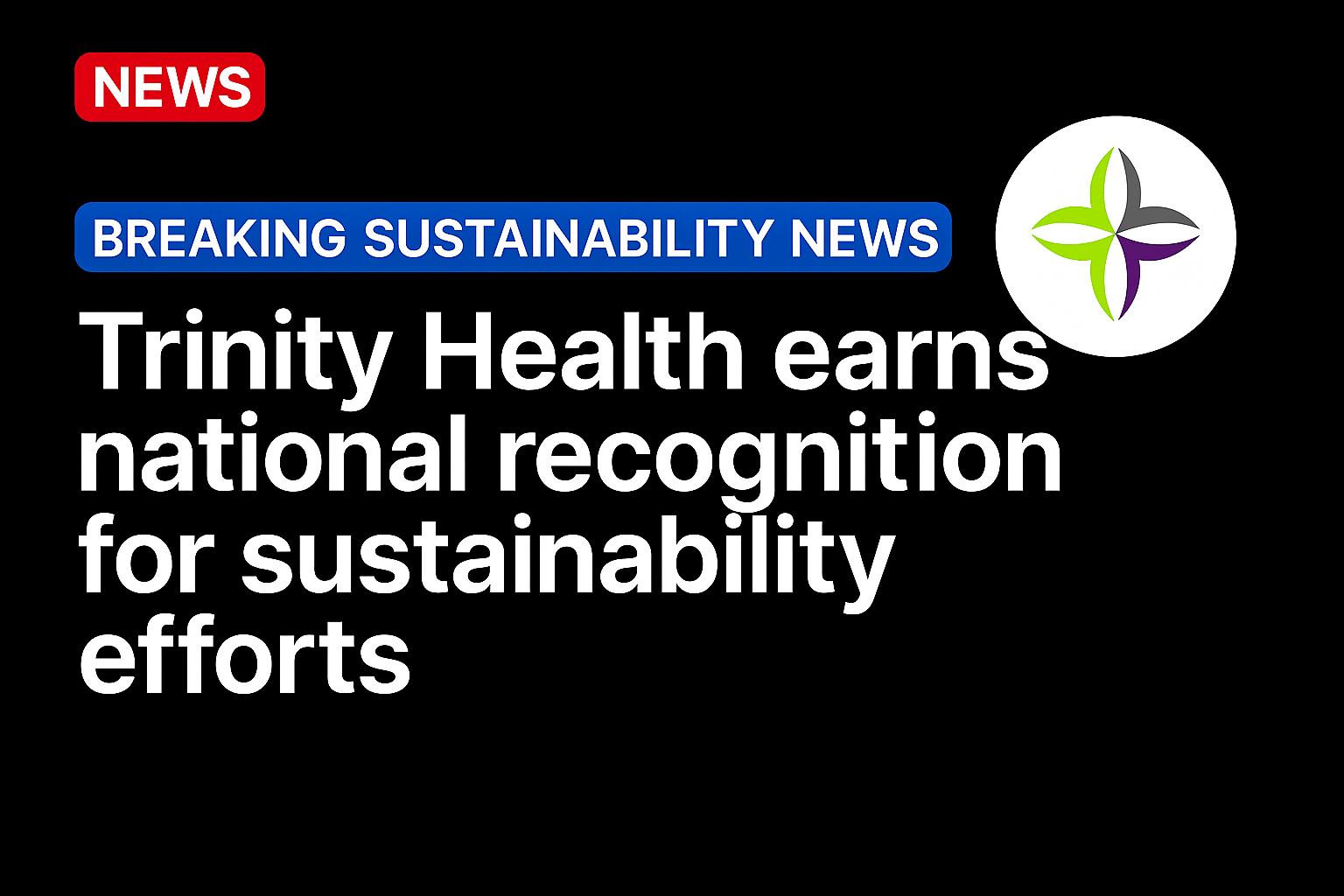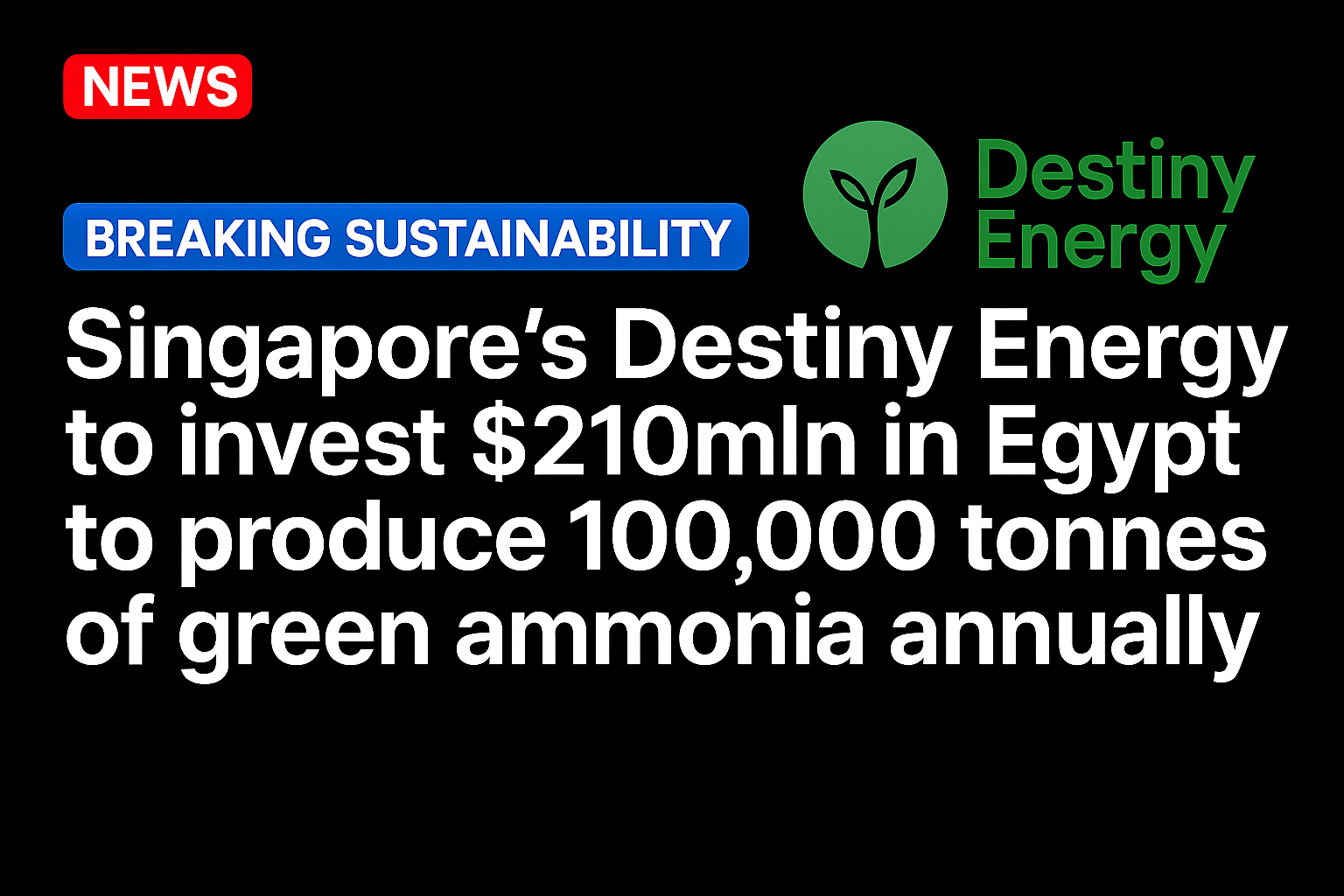
In other regions, meanwhile, such as Asia Pacific and Latin America, the gap is even more pronounced, Ecolab’s Watermark Study found.
The study examined the growing connection between AI expansion and global water security, surveying consumers across 15 countries.
Water demand
“By 2050, the world will have nearly 30% more people and require 47% more energy,” commented Christophe Beck, chairman and chief executive officer at Ecolab. “Water demand will continue to surge – yet by 2030, the world already faces a projected 56% water deficit.
“The AI boom is helping to shape this future, unleashing the potential for new business growth and transformative innovation. At the same time, every week a new data centre opens, and every month a new fab comes online. While we can create more of the energy these facilities need, we cannot create more of our most vital resource – water.”
Currently, only 20% of industrial wastewater is reused, while less than 10% is recycled within the microelectronics sector, which is a “missed opportunity as a driver for business growth”, Beck added.
Mitigating the impact
According to the study, most consumers believe that businesses should invest in the technologies and infrastructure that mitigate the impact of AI on natural resources, such as smart water management.
“Global consumers recognise smart water management is essential for a resilient future, and they expect businesses to lead with both transformative technologies and transparent action to make it a reality,” added Emilio Tenuta, chief sustainability officer at Ecolab.
“Businesses have an opportunity to harness the power of AI and deliver impact-driven water solutions that meet the needs of local communities, while also driving innovation and business growth.” Read more here.
Source: https://sustainabilityonline.net/




